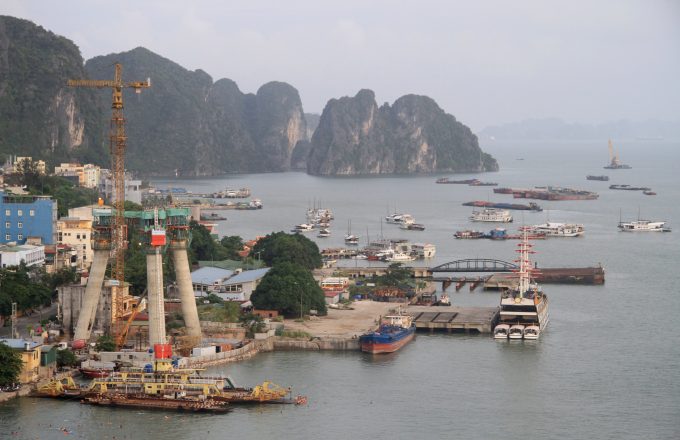Trump or Harris: who will be better for revision of US trade deal with Mexico?
North American supply chain stakeholders near-shoring to Mexico have increased opportunities for the region’s trucking ...

Vietnam’s accession to the international haulage TIR Convention has taken a step closer after it signed a memorandum of understanding (MOU) with the International Road Transport Union (IRU).
The decision to ratify the TIR convention follows similar announcements over the past two months from several other countries, including Iraq, Pakistan, Sudan, and the UAE.
Administered by the IRU, the UN convention allows goods to be outlined in a TIR carnet and sealed in load compartments.
Customs verify the carnet and check the seals, ...
Asia-USEC shippers to lose 42% capacity in a surge of blanked sailings
Why ROI is driving a shift to smart reefer containers
USTR fees will lead to 'complete destabilisation' of container shipping alliances
New USTR port fees threaten shipping and global supply chains, says Cosco
Transpac container service closures mount
Outlook for container shipping 'more uncertain now than at the onset of Covid'
DHL Express suspends non-de minimis B2C parcels to US consumers

Comment on this article